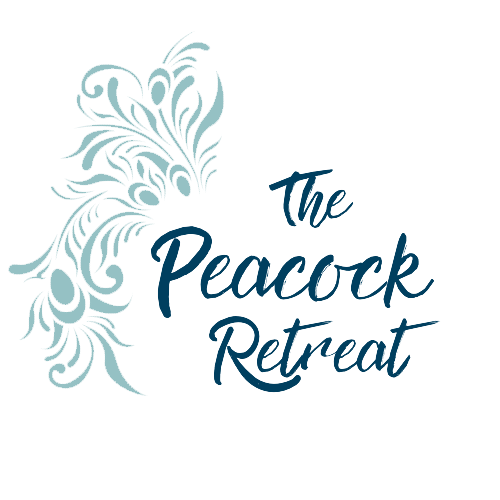🌙 Sleep and Menopause: What’s Really Going On (and How to Get Your Rest Back)
If you’ve found yourself wide awake at 3am, mind racing or drenched from yet another night sweat, you’re not alone — and you’re certainly not losing your mind.
Changes in sleep are one of the most common symptoms women experience during perimenopause and menopause. But the good news? Once you understand why it’s happening, there’s so much you can do to reclaim the rest you deserve.
Why Sleep Changes During Menopause
Our bodies are beautifully complex. The same hormones that once helped regulate our cycles also influence our temperature, mood and — you guessed it — sleep.
As oestrogen and progesterone levels fluctuate, they can disrupt the delicate systems that keep our sleep-wake rhythm in sync.
Here’s what’s happening behind the scenes:
Oestrogen helps maintain a lower body temperature at night (perfect for sleep) and supports serotonin, one of the key neurotransmitters that helps us feel calm and content. As oestrogen drops, body temperature regulation becomes less reliable, leading to night sweats and restless nights.
Progesterone acts as a natural sedative and supports steady breathing during sleep. When levels decline, it can lead to insomnia and even increase the risk of snoring or mild sleep apnoea.
Cortisol, our stress hormone, often rises during this stage of life — particularly if we’re juggling careers, families, and caring for others. High cortisol keeps your body in alert mode, making deep sleep feel out of reach.
Add in modern life — bright screens, late-night emails, caffeine, and constant mental load — and it’s no wonder so many mid-life women are exhausted.
The Ripple Effect of Poor Sleep
A lack of quality sleep doesn’t just make you tired. It can affect your:
Mood and patience (yes, even with the people you love most!)
Appetite and food choices (exacerbating that unwelcome mid-life weight gain)
Concentration and memory (hello brain fog and “what’s that word again”)
Immune system (more coughs, colds and risk of developing or worsening auto-immune diseases)
Hormone balance and energy levels (a vicious feedback loop that makes your other menopause symptoms even worse)!
Sleep isn’t a luxury — it’s a vital part of your hormonal health and emotional resilience. This is why whenever a woman comes to me for support – the very first thing we tackle together is poor sleep.
Natural Ways to Support Better Sleep
Here are some of my favourite, evidence-based tips for better rest during perimenopause and menopause:
🌤️ Get daylight early – Just 30–40 minutes of natural light each morning helps reset your body clock and boosts serotonin. Especially important during the winter months.
📱 Reduce evening screen time – Blue light tells your brain it’s daytime. Switch off devices by 9pm and keep them out of the bedroom.
🛁 Soothe your body before bed – Try a warm magnesium bath (not too hot), gentle stretches or calming aromatherapy to signal to your mind and body that its time to switch off.
🥣 Support your sleep chemistry – Foods rich in tryptophan (like oats, turkey, and pumpkin seeds) can help your body produce melatonin, your natural sleep hormone.
💨 Breathe and unwind – Simple breathwork, yoga nidra or meditation can help calm your nervous system before bed.
🍒 Try natural sleep-supporters – Tart cherry juice or a handful of pistachios in the evening can gently boost melatonin levels.
🕯️ Create your sleep sanctuary – Cool, dark, quiet and clutter-free. A haven that tells your body: it’s safe to rest.
You Don’t Have to “Just Live With It”
Menopause may change how you sleep — but it doesn’t mean good sleep is gone for good. If you’ve already tried the suggestions above with no luck – you’re not doing it wrong – you just need more personalised support from a sleep expert like me.
With the right support and small, consistent changes, restful nights can return. CBT for Insomnia is the most effective long-term solution for chronic sleep issues offered both through both the NHS and privately. (Be warned that waiting lists on the NHS are often quite long due to the huge demand and lack of sleep clinics nationally).
If you’d like personal guidance or to find out more, please book a free in-person or virtual Mid-life & Menopause MOT
You’ll also find extra resources — including calming audios and bedtime rituals — inside my Wellbeing Made Simple free membership hub.
You deserve to rest deeply, wake refreshed, and feel like yourself again — calm, balanced and energised for whatever life brings next.
